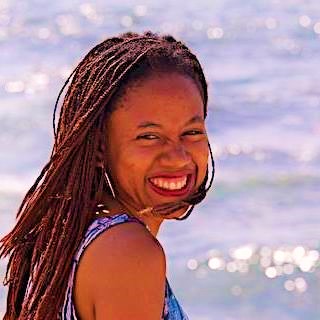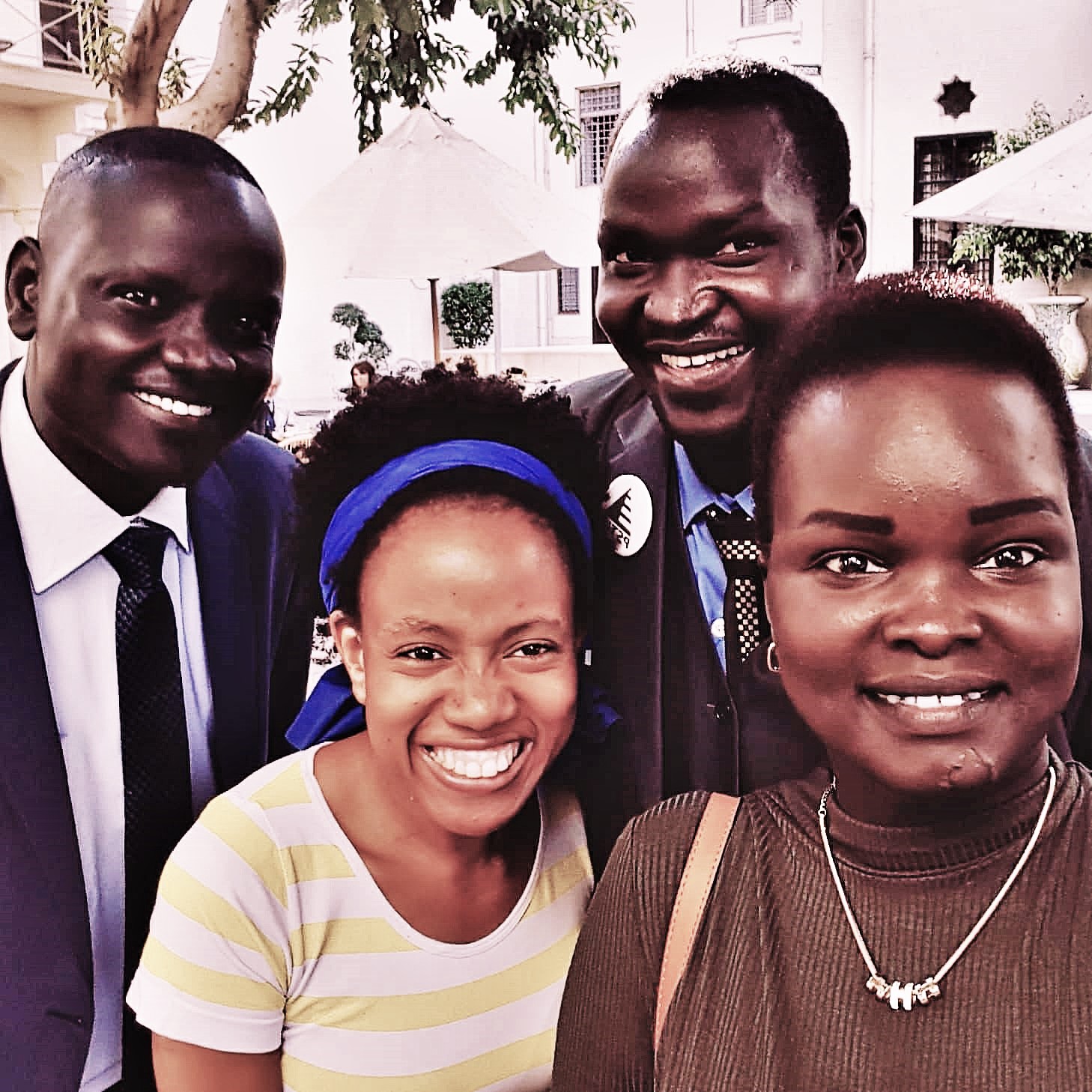One of the dynamics of academic research are realms of the conference sectors. Conferences are not only a space of intellectual exchange, dialogue, or the latest production of innovative research. Conferences are also a holistic realm among those who are aware of reality, and it’s connection to knowledge.
Such connections are journeys. Not solely regulated to University life, these journeys are ongoing processes in the healing of the human Spirit. One of the beauties of such, is it’s ability to interconnect lives from different lands, into one thread; their arrival at a common place. It’s like many quilts being weaved into one. The way tales inter-lap, in order to express the feelings within travel stories.
And the Spirits one meets. . .along the way.
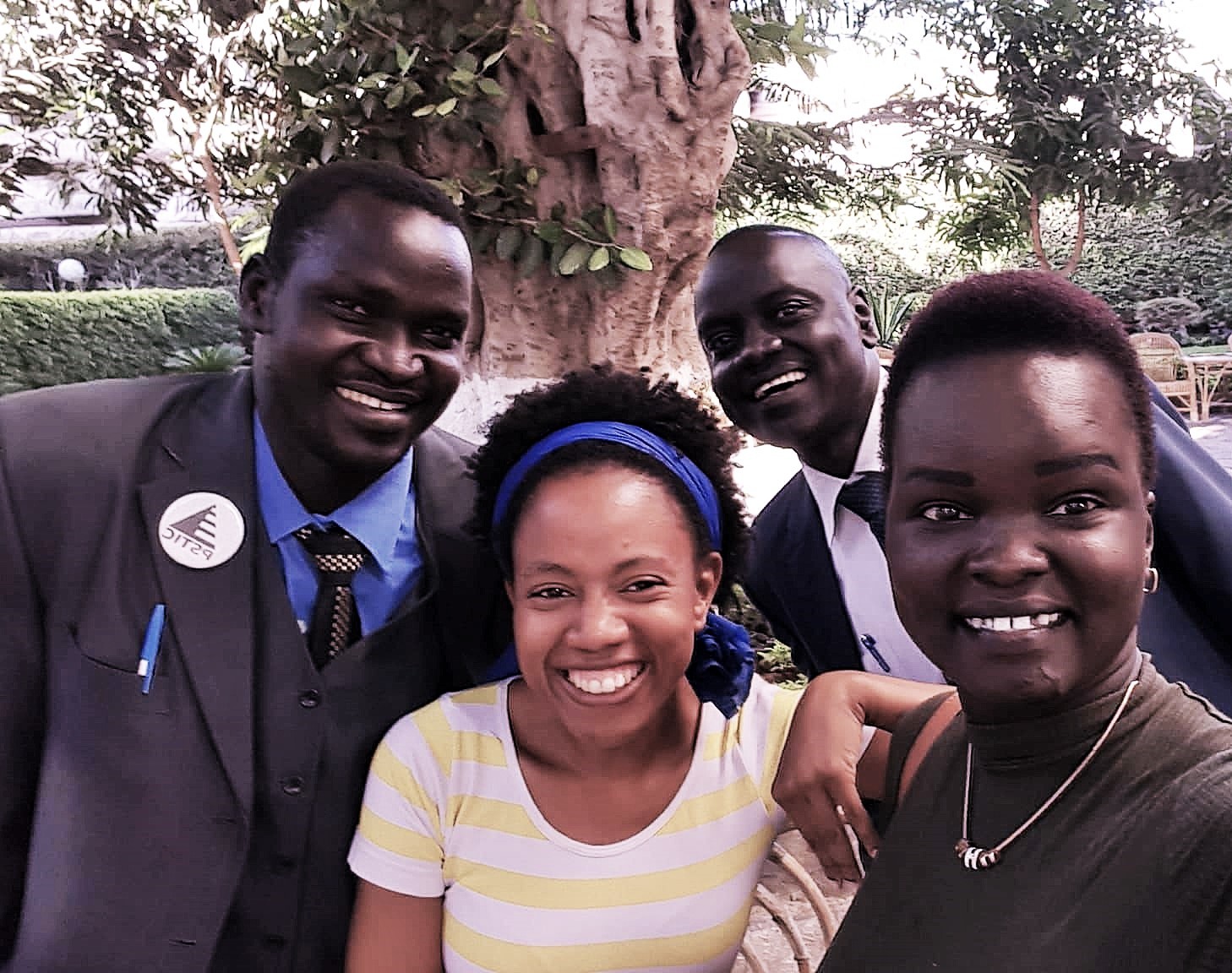
(Photograph By Bantor Lam Deng; Edits By Lauren K. Clark)

(Photograph By Bantor Lam Deng; Edits By Lauren K. Clark)
For the conference on “International Cooperation In Responsibility-Sharing for Refugees in the Euro-Mediterranean Space,” at the American University in Cairo’s Downtown Tahrir campus, a presence of migration took a different form. Sponsored by the School of Global Affairs and Public Policy and the Boston Consortium for Arab Region Studies, the two day adventure, from October 9-10, 2017, relayed of the hardships and pains often plaguing the migration story. Reality sets the stage, and humanity is forced to grapple with the illusion of unity and change.

(Photograph By Bantor Lam Deng; Edits By Lauren K. Clark)
However, for one particular group, the imagery of migration (and difference) took on a more powerful face. With one Lady, and two Gents, of PSTIC (Psycho-Social Services and Training Institute In Cairo), the aura of hopelessness and victimhood was not a theme. The feminine presence of Bantor Lam Deng, was the continued reassurance in better days ahead for South Sudan. Having studied law at Cairo University, Deng made the psycho-social well-being and health of Sudanese and South Sudanese community members, a priority in her work. Fellow colleagues, Chol Anyon (South Sudan) and Naje Kalo (Sudan, Nuba Mountains) were also in attendance; thereby extending the presence of this powerful and dynamic trio. This unique group was the epitome of community empowerment, enhancement, and elevation. Coordinator and Master Trainer of PSTIC (in addition to having been a professor at AUC’s Center of Migration and Refugee Studies, with her expertise being in psycho-social health), Dr. Nancy Baron, also showed her presence at the conference. One of those familiar reunions, where a former student demonstrates her appreciation for the dedication and work of her professor.
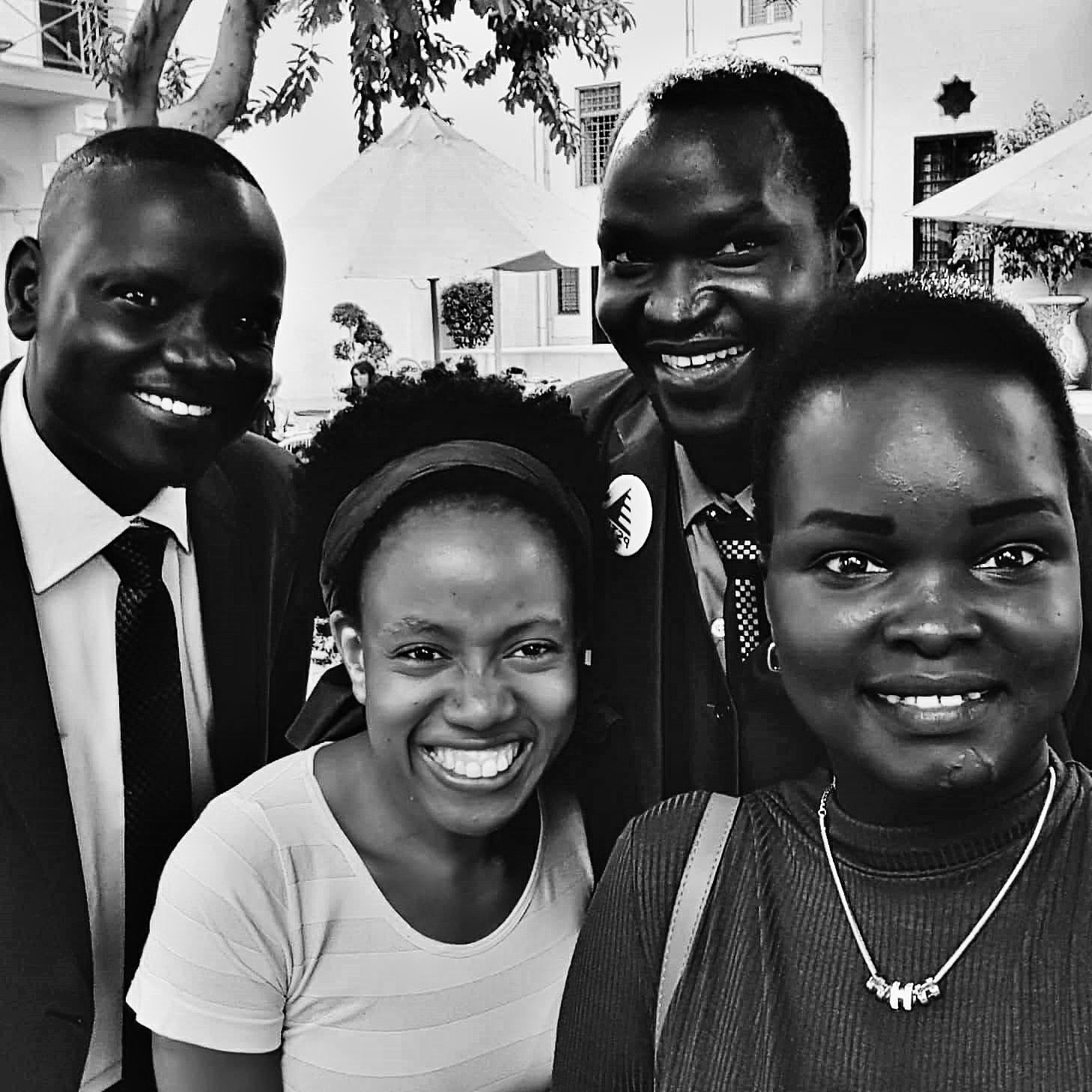
(Photograph By Bantor Lam Deng; Edits By Lauren K. Clark)

(Photograph By Bantor Lam Deng; Edits By Lauren K. Clark)
Elegant, graceful, and stylish to say the least, these members of PSTIC, were the living proof (through their work, education, and dedication) that migrant/refugee communities can demonstrate productivity within their own communities; while also, empowering the host nation they reside in. Being in charge, while taking charge, was the Spirit for these representatives of PSTIC.
Forget about war, famine, hunger, and all of the prominent images often associated with refugee/migrant communities. The significant presence of PSTIC, at the International Cooperation In Responsibility-Sharing for Refugees in the Euro-Mediterranean Space, displayed a very imperative image. One that was necessary, especially, within this region of the world. For common perceptions (and images) of South Sudan, and Black Africa in Arab spacing (particularly, as it related to the topics of refugees and migrant communities) were shattered, with the presence of this fabulous trio.

(Photograph By Bantor Lam Deng; Edits By Lauren K. Clark)

(Photograph By Bantor Lam Deng; Edits By Lauren K. Clark)

(Photograph By Bantor Lam Deng; Edits By Lauren K. Clark)
One could even address such an occasion as being an iconic moment. Truly. A her/history making moment for one daughter of Black America to be in the company of hope for South Sudan and Nuba Mountains generations. Stories of cross migration, as they connect to the oral narrative and literary tales, invoke wonders; sharing memories of blackened aesthetics and cultural re-birth. The strength and power of such imagery further provokes, presentation and documentation at future migration/refugee conferences at the American University in Cairo. It’s time for healthier images of South Sudan and the Nuba Mountains to capture the world’s attention. For it is imagery, which can inflame the candle of progress, inspiration, and. . .hope.

(Photograph By Bantor Lam Deng; Edits By Lauren K. Clark)

(Photograph By Bantor Lam Deng; Edits By Lauren K. Clark)
Seeing positive images of one’s self and culture performs a major role in social change and stability. When people see themselves in colorations of empowerment, they become it. One of the primary understandings in tackling the refugee/migrant dilemma, in Cairo, Egypt is precisely that. . .imagery. Too often, people view such as cliche, or being irrelevant. However, it is image, that shapes stories. And in Cairo, Egypt, images can make or break the arenas of compassion and understanding, when it comes to the migrant question. It has the power to soothe, or destroy, healthy relationships between guests, and the local population, at hand.
When local communities of host countries, are presented with pictures or media, which depicts migrants as healthy, empowered individuals, who can contribute back into the nation-state, (while also receiving assistance), migrants/refugees can no longer be viewed as a burden within the larger society. Adding image to actual practicality also assists in removing these mentalities. The Native populations (though one must also address the role of race, gender, color, nationality, and historical ties) cannot retain the notion of “them,” “taking away jobs and resources from the country.” Image, plus practicality, allows local populations to witness the presence of particular migrant/refugee communities benefiting the host country (while also creating future opportunities and alliances between the local and migrant populations and nation-states).

(Photograph By Bantor Lam Deng; Edits By Lauren K. Clark)

(Photograph By Bantor Lam Deng; Edits By Lauren K. Clark)
They say a picture tells a thousand words. Yet, probing even further, they speak. . .endless emotions, and inspire millions of stories. When people see themselves in power, they become, empowered! Such can be a final message, in solution building, for better talks ahead at spaces of future conversations on migrant and refugee tales!
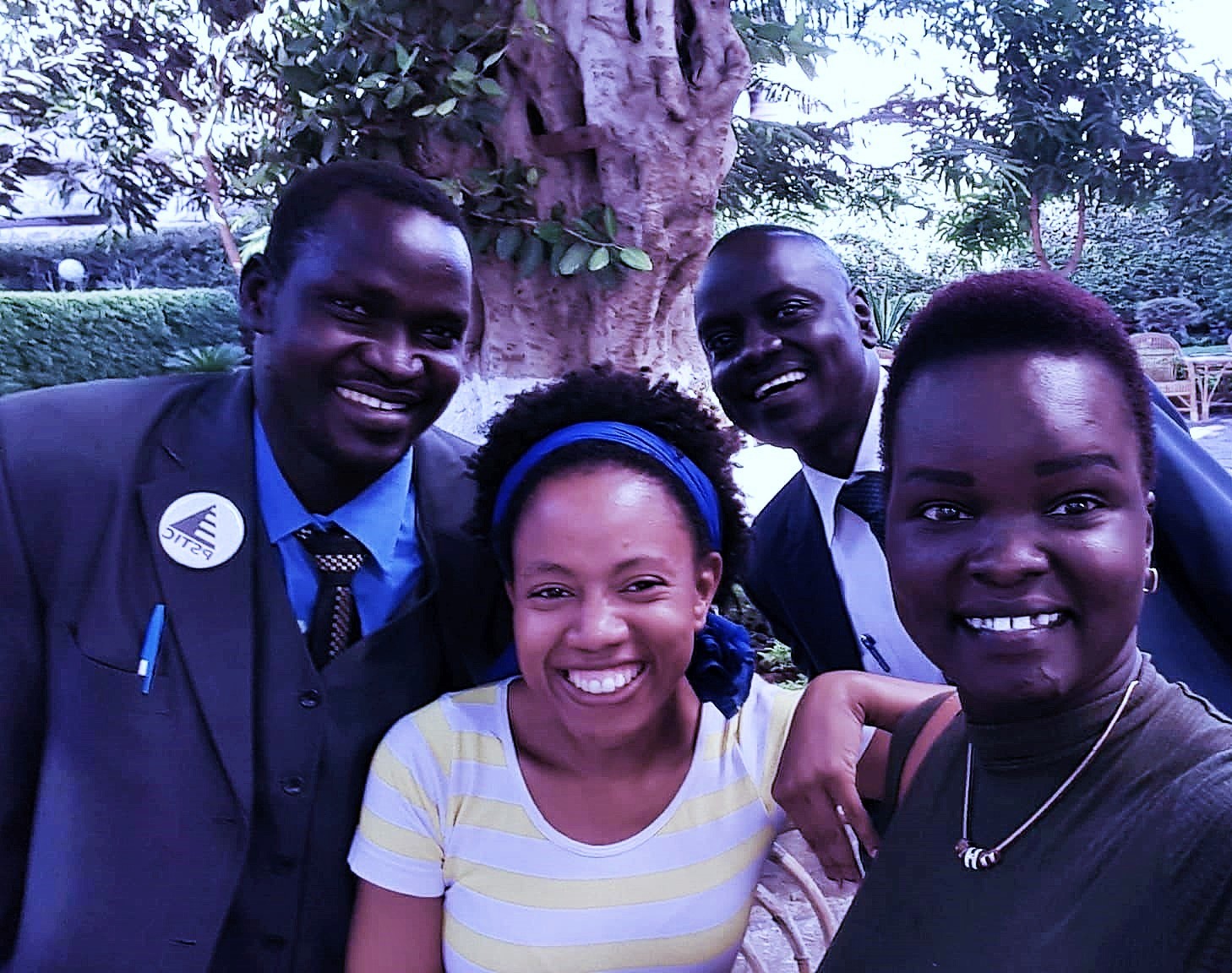
(Photograph By Bantor Lam Deng; Edits By Lauren K. Clark)
For more information on the Psycho-Social Services and Training Institute In Cairo (PSTIC), please go to the following link:
http://pstic-egypt.org/

